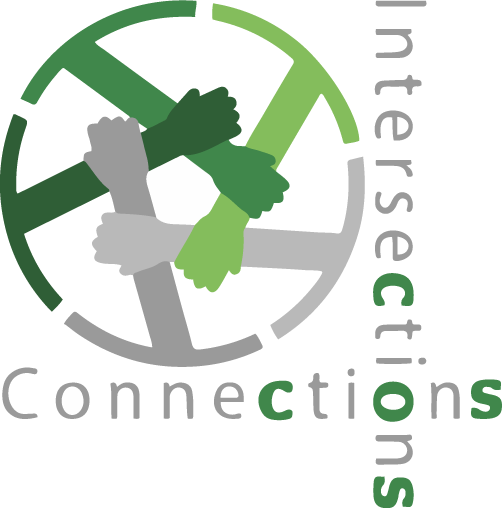How Students with Autism Spectrum Disorder are at Risk for Bullying and Victimization
Abstract
Purpose: The purpose of this workshop is to understand the ways in which students with ASD are put at a higher risk of bullying from their non-disabled counterparts.
Problem: Students with ASD and other Intellectual Impairments, especially students both in general and special education environments, may often be seen as “odd” by their non-disabled peers. In my experience, many students with ASD, both high and low functioning, exhibit behaviors (i.e. echolalia, pacing, grunting etc.) that are not “typically seen” in general education high schools. For students with ASD, this can be one of many reasons why they are targets for bullying. This situation challenges teachers to assume the role of an advocate. Managing the intersectionality of these two functions can present challenges to a teacher’s time and her primary role as the teacher.
Methods: For the purpose of this workshop, I have used peer-reviewed articles, and my own experiences to develop this analysis on why this particular population is so vulnerable, especially at the High School level. Even the process of IEP writing and Team Meetings establish precedents to acknowledge and help prevent the possibility of bullying, according to MA Department of Education laws.
Results and Conclusion: The results of this workshop and presentation will assist educators in identifying how the manifestations of students’ disabilities, particularly Autism Spectrum Disorder, may put them at risk for bullying from other students. Participation in the workshops will also provide teachers with advocacy skills that facilitate communication between the autistic student and other students in and outside the classroom. As a result, workshop participants will learn how talking to students, through explicit social skill instruction and lessons on self-advocating, can be a crucial part in addressing this alarming statistic. The purpose of this project is to help demonstrate the interconnected nature of those with disabilities and how their non-disabled peers can help understand and combat abuse among the population.
Start Date
27-3-2019 1:00 PM
End Date
27-3-2019 1:50 PM
Room Number
U-Hall 3-089
Presentation Type
Workshop
Disciplines
Disability Studies | Education
How Students with Autism Spectrum Disorder are at Risk for Bullying and Victimization
Purpose: The purpose of this workshop is to understand the ways in which students with ASD are put at a higher risk of bullying from their non-disabled counterparts.
Problem: Students with ASD and other Intellectual Impairments, especially students both in general and special education environments, may often be seen as “odd” by their non-disabled peers. In my experience, many students with ASD, both high and low functioning, exhibit behaviors (i.e. echolalia, pacing, grunting etc.) that are not “typically seen” in general education high schools. For students with ASD, this can be one of many reasons why they are targets for bullying. This situation challenges teachers to assume the role of an advocate. Managing the intersectionality of these two functions can present challenges to a teacher’s time and her primary role as the teacher.
Methods: For the purpose of this workshop, I have used peer-reviewed articles, and my own experiences to develop this analysis on why this particular population is so vulnerable, especially at the High School level. Even the process of IEP writing and Team Meetings establish precedents to acknowledge and help prevent the possibility of bullying, according to MA Department of Education laws.
Results and Conclusion: The results of this workshop and presentation will assist educators in identifying how the manifestations of students’ disabilities, particularly Autism Spectrum Disorder, may put them at risk for bullying from other students. Participation in the workshops will also provide teachers with advocacy skills that facilitate communication between the autistic student and other students in and outside the classroom. As a result, workshop participants will learn how talking to students, through explicit social skill instruction and lessons on self-advocating, can be a crucial part in addressing this alarming statistic. The purpose of this project is to help demonstrate the interconnected nature of those with disabilities and how their non-disabled peers can help understand and combat abuse among the population.



